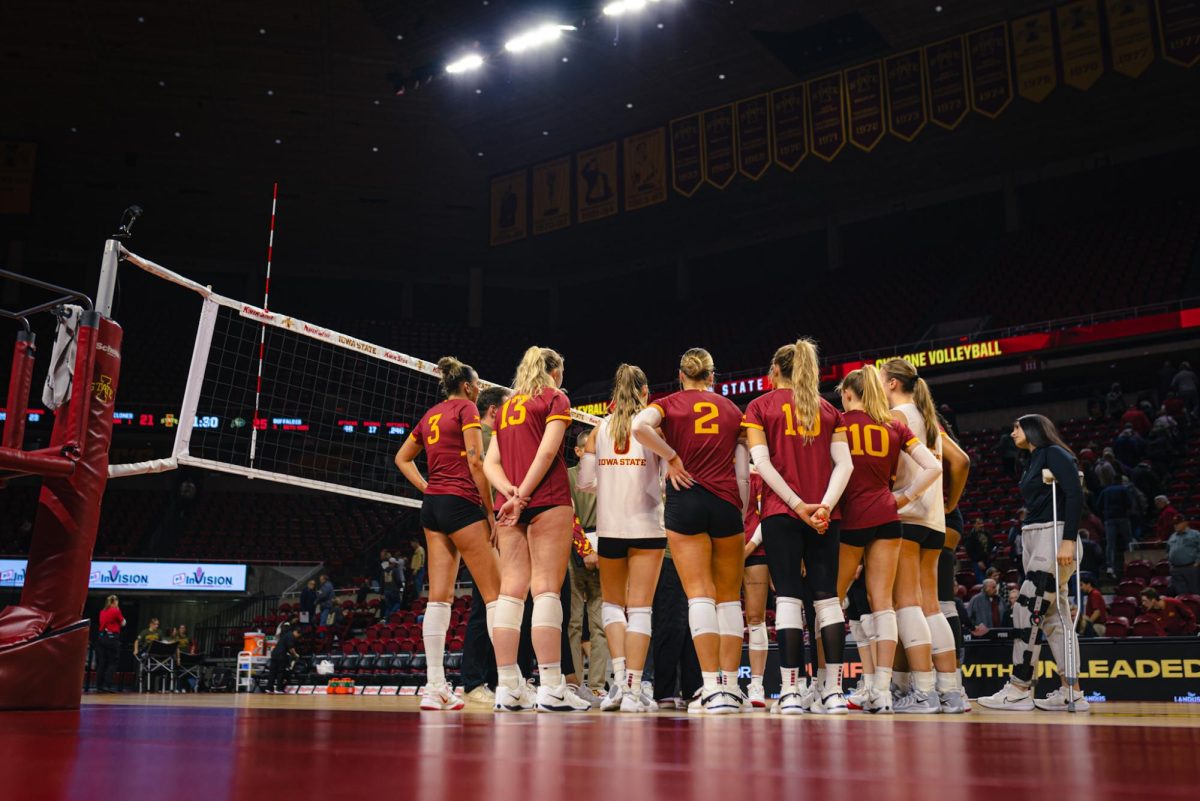EDITORIAL: Between democracy and autocracy
November 30, 2004
The highly contested presidential race in Ukraine has the world watching in anticipation. Thousands of Ukrainians (rightfully) called the election a fraud, flooding Kiev in protest. With the possibility of another runoff election in a few weeks, the results of the election will decide the future of this former Soviet republic of 50 million people. It’ll also decide the fate of many countries that are trying to climb out of the pit of authoritarianism.
The best-case scenario is that Vicktor Yushchenko, the opposition candidate, will win and create close ties with Europe, with long-term prospects of becoming a member of NATO or the European Union. The worst-case scenario is that Ukraine will split into two countries, igniting a civil war.
Both options are plausible at the moment. These two scenarios are the result of a sham runoff election that happened Nov. 21, where, according to Ukraine’s Central Election Commission, 96.65 percent of Ukrainian citizens voted for Vicktor Yanukovich. This is quite an impressive victory, but it becomes less impressive if you consider that 2.8 million ballots were falsified and that Yushchenko received virtually no attention from the state-run media.
Yushchenko represents a new breed of politician in Ukraine; during his tenure as prime minister in 1999, he cut state funding, cracked down on bribe taking and reformed the gas sector, which until then created a class of corrupt Ukrainian oligarchs. Naturally, he was removed from office by a no-confidence vote.
Regardless of the outcome, the biggest loser in this election won’t be Ukraine; it will be Russia. The election results have been decried as foul by almost every country but Russia, where President Vladimir Putin offered a hearty congratulation to the pro-Russian Yanukovich.
Putin has steadily warped Russia during his four years as president. He’s whittled away the free press, local elections, and any form of checks and balances in the Kremlin. Under his watch, Russia is becoming a democracy in name only.
Putin is trying to keep his influence in natural resource-rich Ukraine, which acts as a buffer strip between the former Soviet Union and NATO. Now that Ukraine may fall away from his grasp and head the way of the Baltic countries, which joined the European Union and NATO, he is now endorsing a fraudulent election.
If Ukraine can make it through the election in one piece with Yushchenko as its president, it will be a beacon to other countries that are on the brink of authoritarianism. It will also send a signal to Russia that it’s time to stop pretending to be a democracy and start giving more than lip service to freedom.






